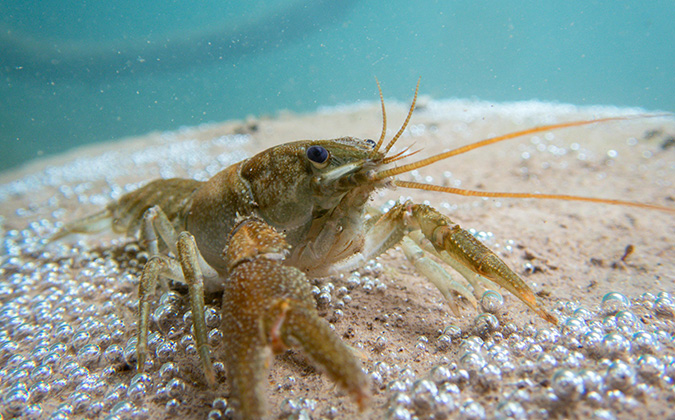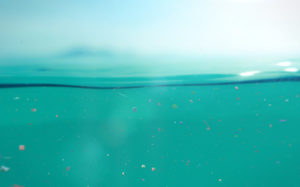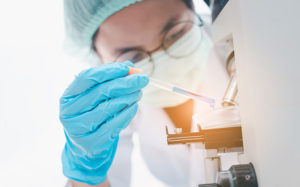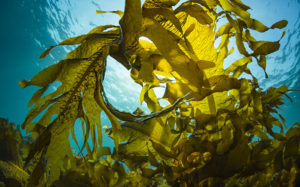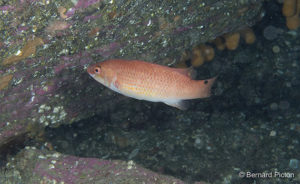Sound Science
Microplastics harbor pathogens affecting farmed seafood
There is growing evidence that microplastic pollution in seawater could serve as reservoirs for pathogens in aquaculture, according to a University of Exeter review of current evidence in this emerging field.
Taming tilapia lake virus requires improved expert collaboration
Tilapia lake virus (TiLV) is an emerging threat to aquaculture, having been discovered in 2014 and now reported in 16 countries.
China making up for lost time in aquatic vaccine development
China is now responsible for over 70% of global farmed-fish production. Finding appropriate responses to fish disease has not been as rapid, researchers from Huazhong Agricultural University acknowledged — but new options in development suggest that the nation is fast catching up.
Why prophylactic use of antibiotics poses a problem for aquaculture
Aquaculture needs to change its “widespread and unrestricted” use of prophylactic antibiotics and accelerate the move toward vaccination and more sanitary practices globally, according to Felipe C. Cabello, MD, professor emeritus of microbiology and immunology at New York Medical College.
Seaweed supplements show promise as immunostimulants in aquaculture
Supplementing the diets of farmed fish with seaweeds or their extracts has “substantial positive impacts” on fish health, growth and survival, according to new analysis by scientists.
Cleaner-fish health risks highlighted as use in aquaculture rises
Cleaner fish have proved an effective alternative method of sea louse control — but their widespread introduction brings with it a new threat of pathogens and parasites, and available treatments are falling short of requirements.
- « Previous
- 1
- …
- 5
- 6
- 7

